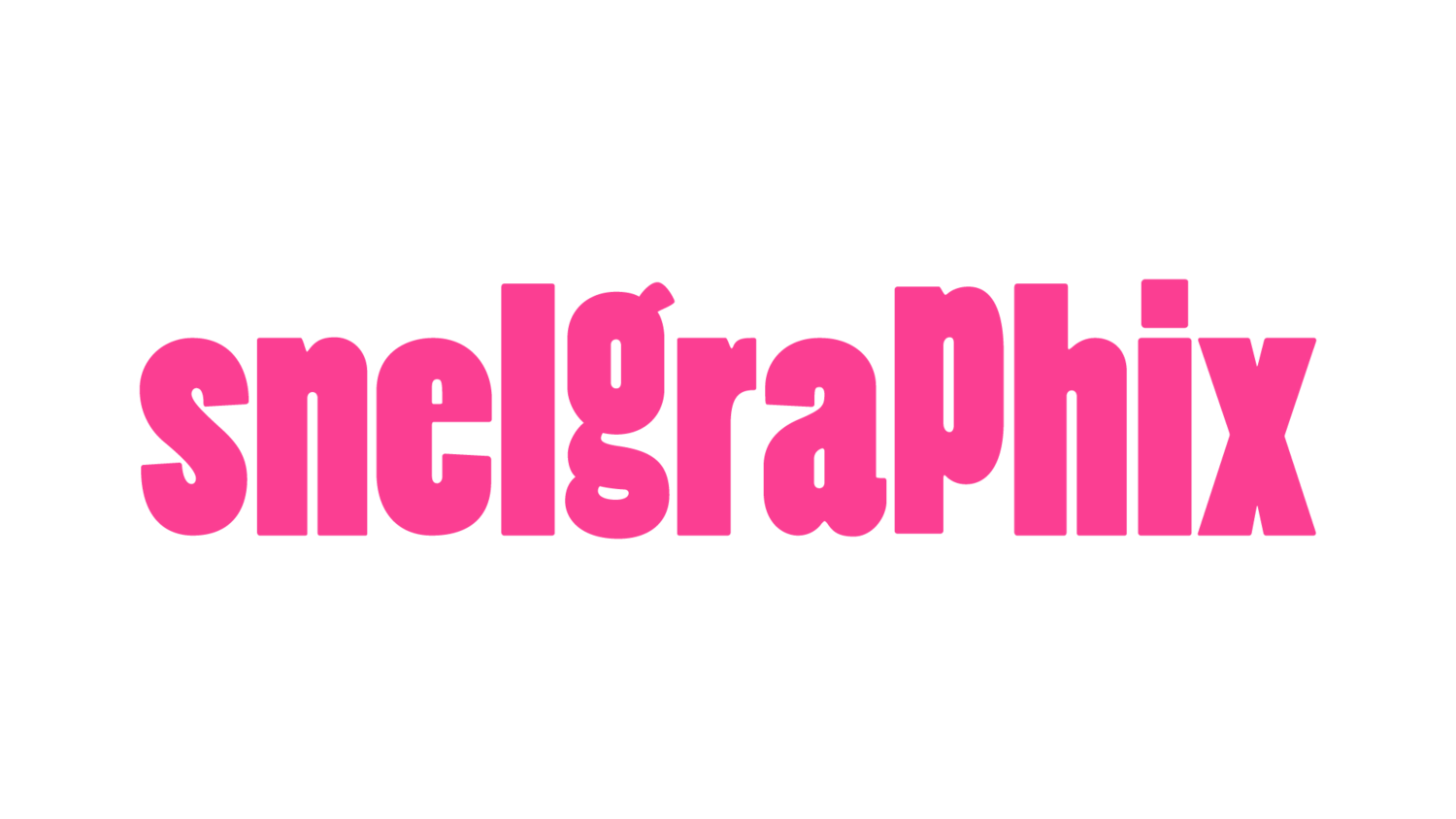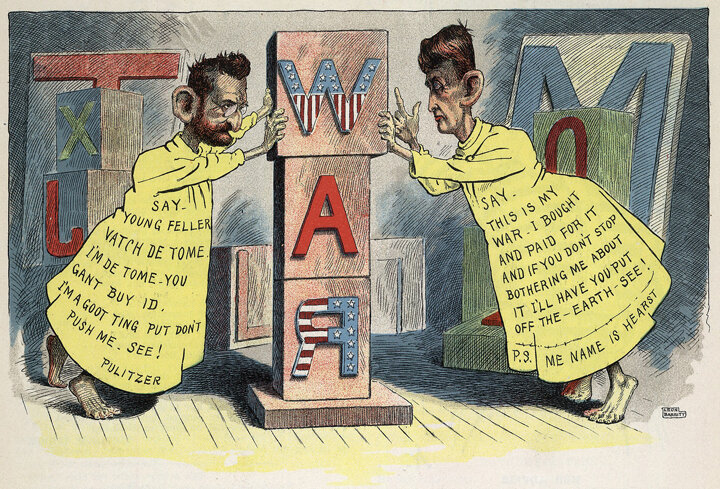“In the margins of his copy of Condorcet’s treatise Outlines of an Historical View of the Progress of the Human Mind, President John Adams scribbled a cutting note. Writing in the section where the French philosopher predicted that a free press would advance knowledge and create a more informed public, Adams scoffed. “There has been more new error propagated by the press in the last ten years than in an hundred years before 1798,” he wrote at the time.
The charge feels shockingly modern. Were he to have written the sentiment in 2018, and not at the turn of the 19th century, it’s easy to imagine that at just 112 characters, he might have tweeted it, instead.” • Jackie Mansky – Smithsonianmag.com
A Trip To The Moon by Georges Méliès • Wikipedia
Exposing The NY Sun's Moon Hoax
“One instance of fake news was the Great Moon Hoax of 1835. The New York Sun published articles about a real-life astronomer and a made-up colleague who, according to the hoax, had observed bizarre life on the moon.” • Wikipedia
“A lithograph of the hoax's "ruby amphitheater", as printed in The Sun.” • Wikipedia
Discovering Life On The Moon!
“Few people today remember that in 1835, men first walked on the moon. That year, however, it was all anyone could talk about. Reports in the Sun, the New York newspaper founded just a couple of years before, described sightings of men with bat wings, unicorns, and bipedal beavers on the moon’s surface, leading to much speculation and vast newspaper sales in New York and in the rest of the relatively new nation. All the city’s papers printed extracts or rebuttals; every outlet had to weigh in. The news of life on the moon spread like riots had the previous year, when mobs of white New Yorkers hit the streets looking for blacks, abolitionists, and “amalgamators”—the name given to those whom they feared were in favor of race-mixing—to intimidate, beat up, or worse.” • Kevin Young – The New Yorker
036-The Great Moon Hoax – Futility Closet
Presenting Nonsense As News
“Yellow journalism and the yellow press are American terms for journalism and associated newspapers that present little or no legitimate well-researched news while instead using eye-catching headlines for increased sales. Techniques may include exaggerations of news events, scandal-mongering, or sensationalism. By extension, the term yellow journalism is used today as a pejorative to decry any journalism that treats news in an unprofessional or unethical fashion.” • Wikipedia
The Yellow Kid*, published by both New York World and New York Journal • Wikimedia Commons
19th-Century Fake News Defined
“Joseph Campbell describes yellow press newspapers as having daily multi-column front-page headlines covering a variety of topics, such as sports and scandal, using bold layouts (with large illustrations and perhaps color), heavy reliance on unnamed sources, and unabashed self-promotion. The term was extensively used to describe certain major New York City* newspapers around 1900 as they battled for circulation.*”
“Frank Luther Mott* identifies yellow journalism based on five characteristics:*
scare headlines in huge print, often of minor news
lavish use of pictures, or imaginary drawings
use of faked interviews, misleading headlines, pseudoscience*, and a parade of false learning from so-called experts
emphasis on full-color Sunday supplements, usually with comic strips*
dramatic sympathy with the "underdog" against the system.”
Source: Wikipedia
“Joseph Pulitzer and William Randolph Hearst caricatured as they urged the U.S. into the Spanish–American War.” • Wikipedia
LEARN MORE:
Outlines of an Historical View of the Progress of the Human Mind • The Crowd: A Study of the Popular Mind
The Age-Old Problem of “Fake News” | History | Smithsonian • Propaganda by Edward Bernays (1928) - History Is A Weapon
Fake News Defined • How Implicit Bias Works In Journalism • Yellow Journalism • Pulitzer Prize • Operation Mockingbird
History of Propaganda • Propaganda • To Fix Fake News, Look To Yellow Journalism • Fake News In The 20th Century
The First Iraq War Was Also Sold to the Public Based on a Pack of Lies • The Nayirah Testimony
The Early History of Faking War on Film - Smithsonian Magazine • Fighting the Nazis With Fake News – Smithsonian Magazine
We Tracked Down A Fake-News Creator In The Suburbs. Here's What We Learned • The CIA And The Media
Ronan Farrow looks at media crowd and says he sees liars • Ronan Farrow Essentially Called A Liar By NBC News Over ...
Edgar Allan Poe’s “The System of Doctor Tarr and Professor Fether” • Arthur Schopenhauer’s “On Reading And Books”


































